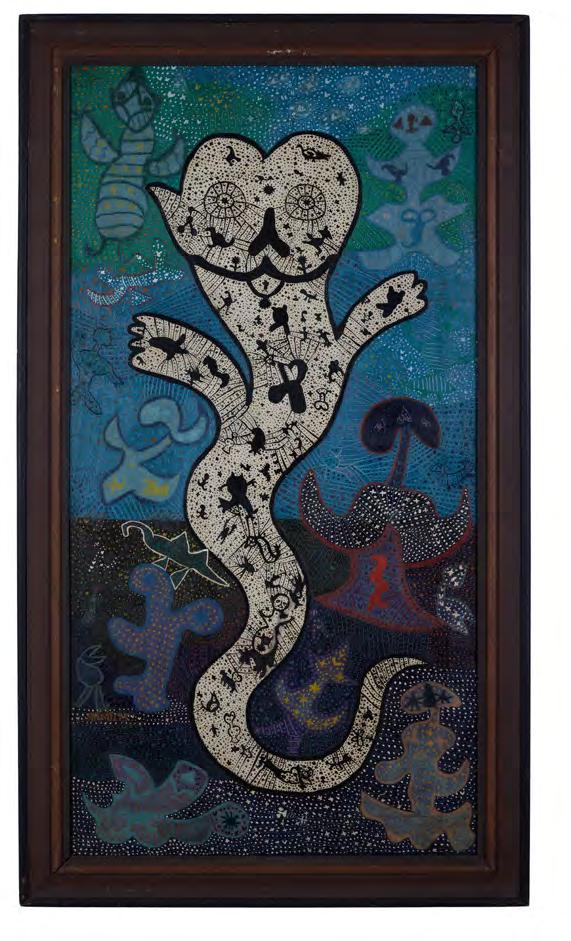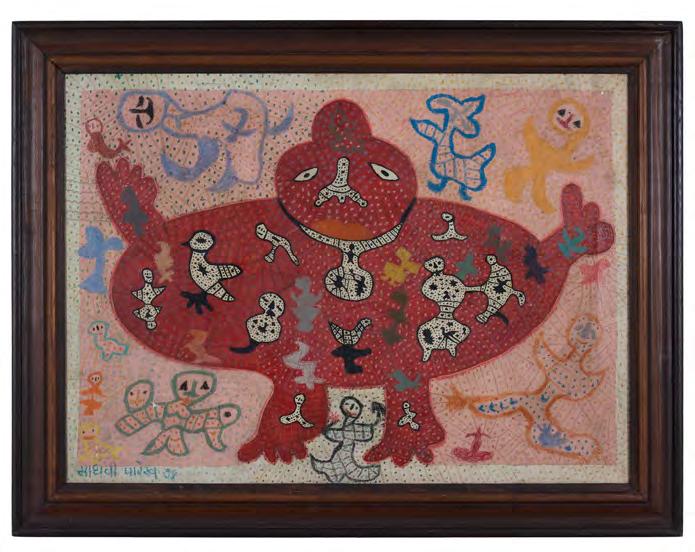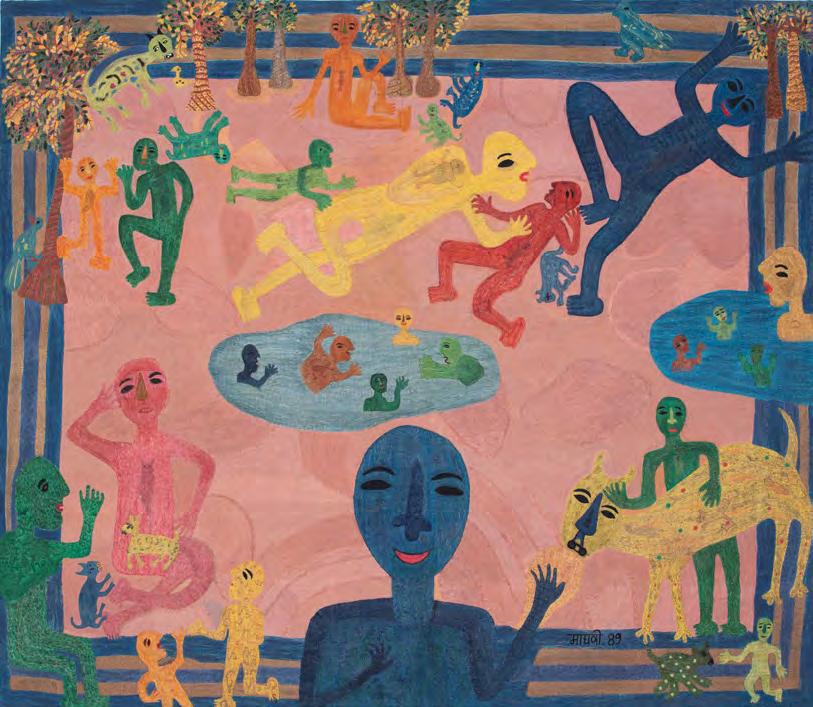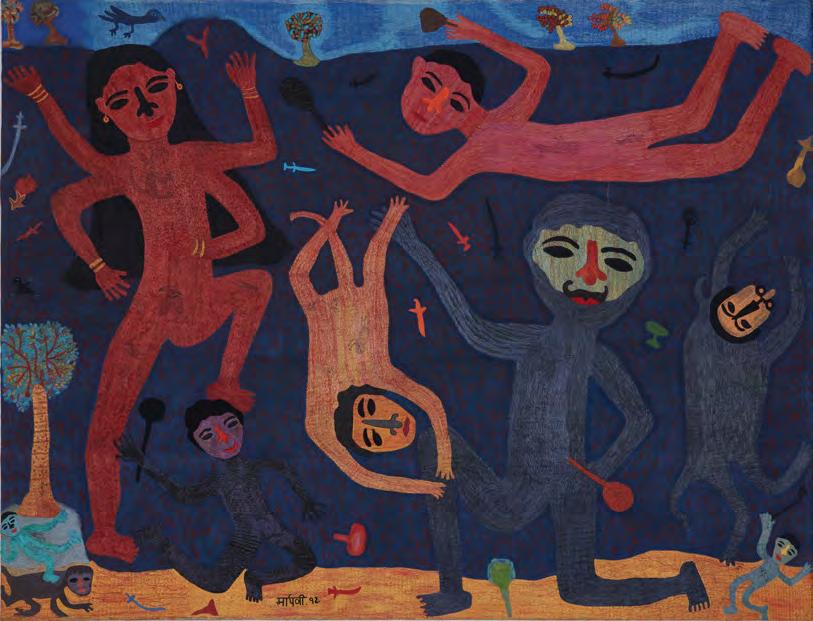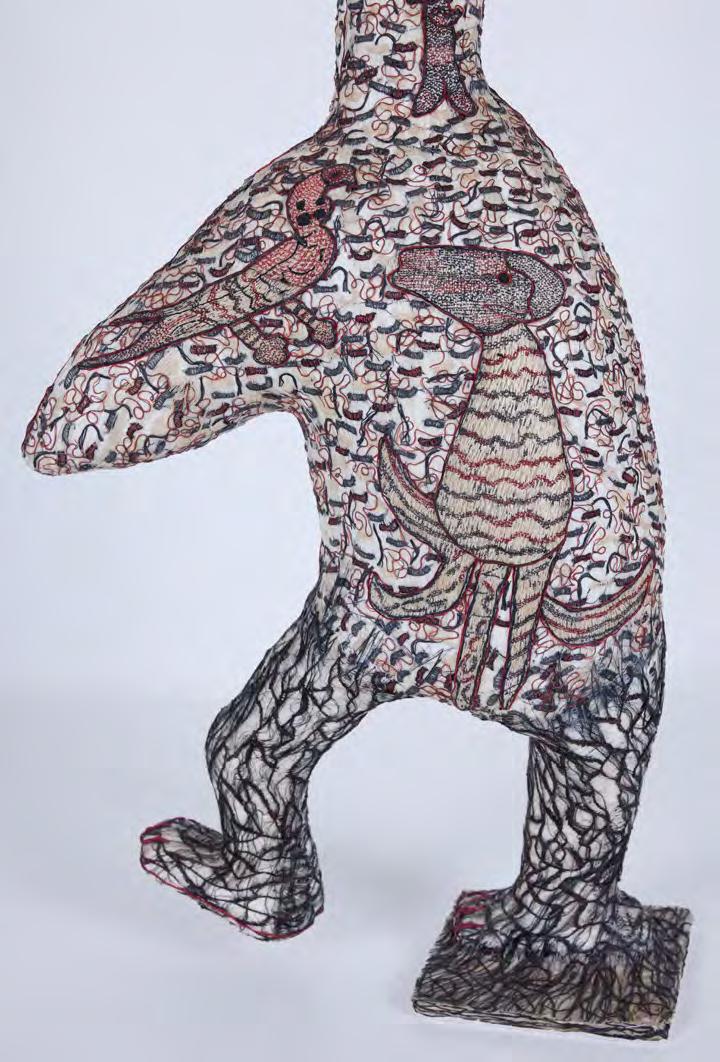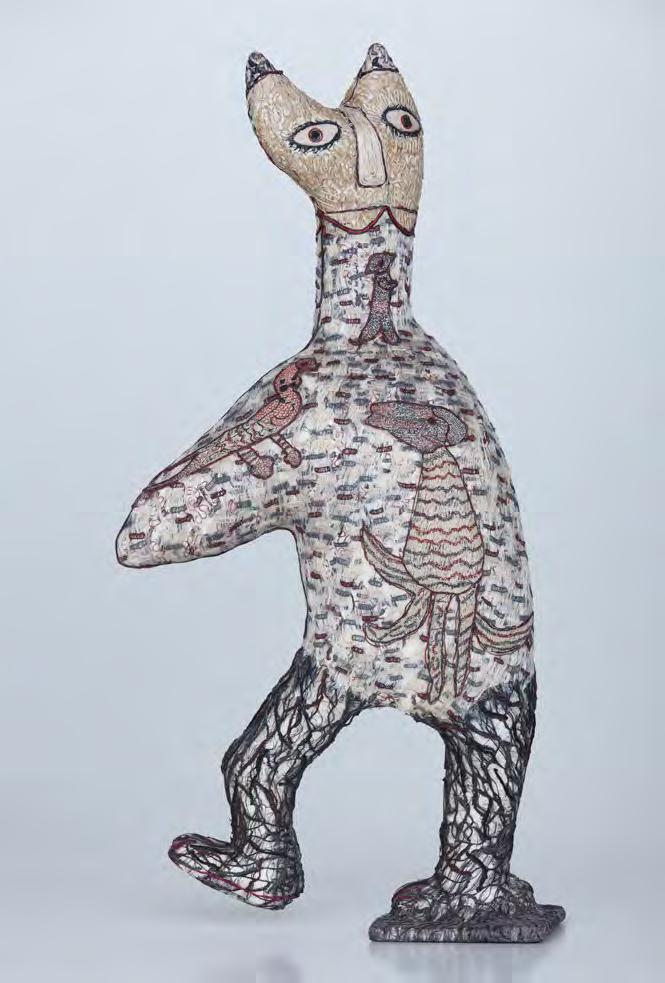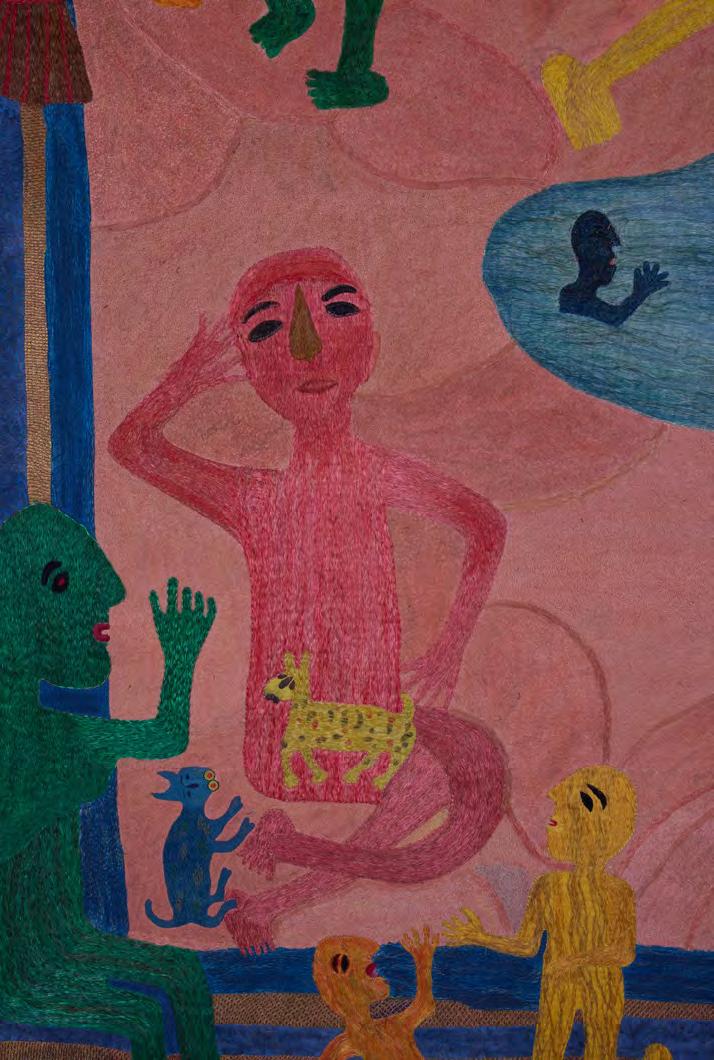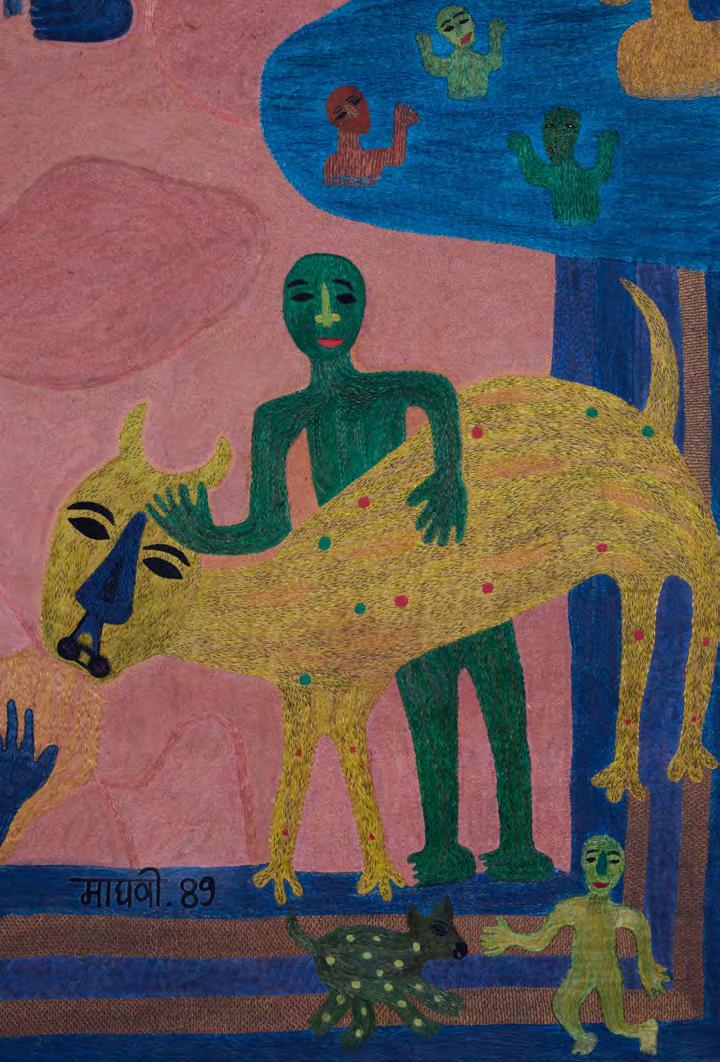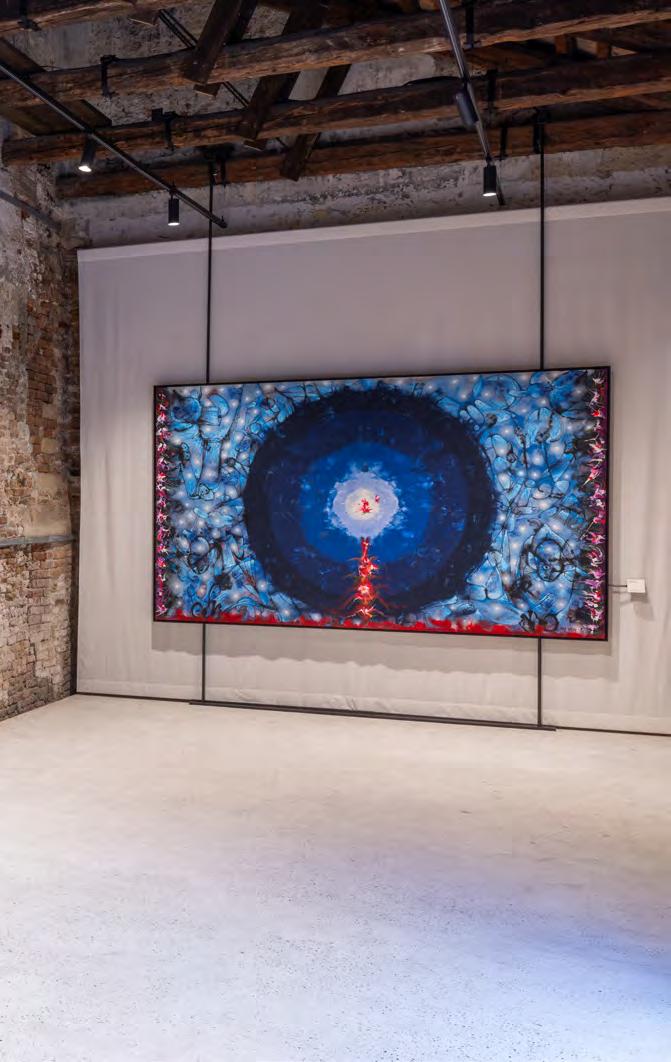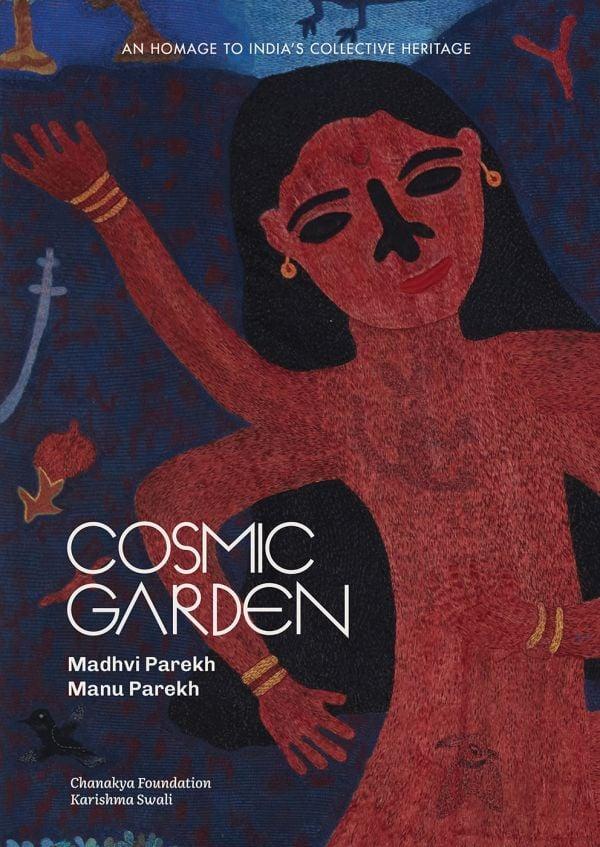

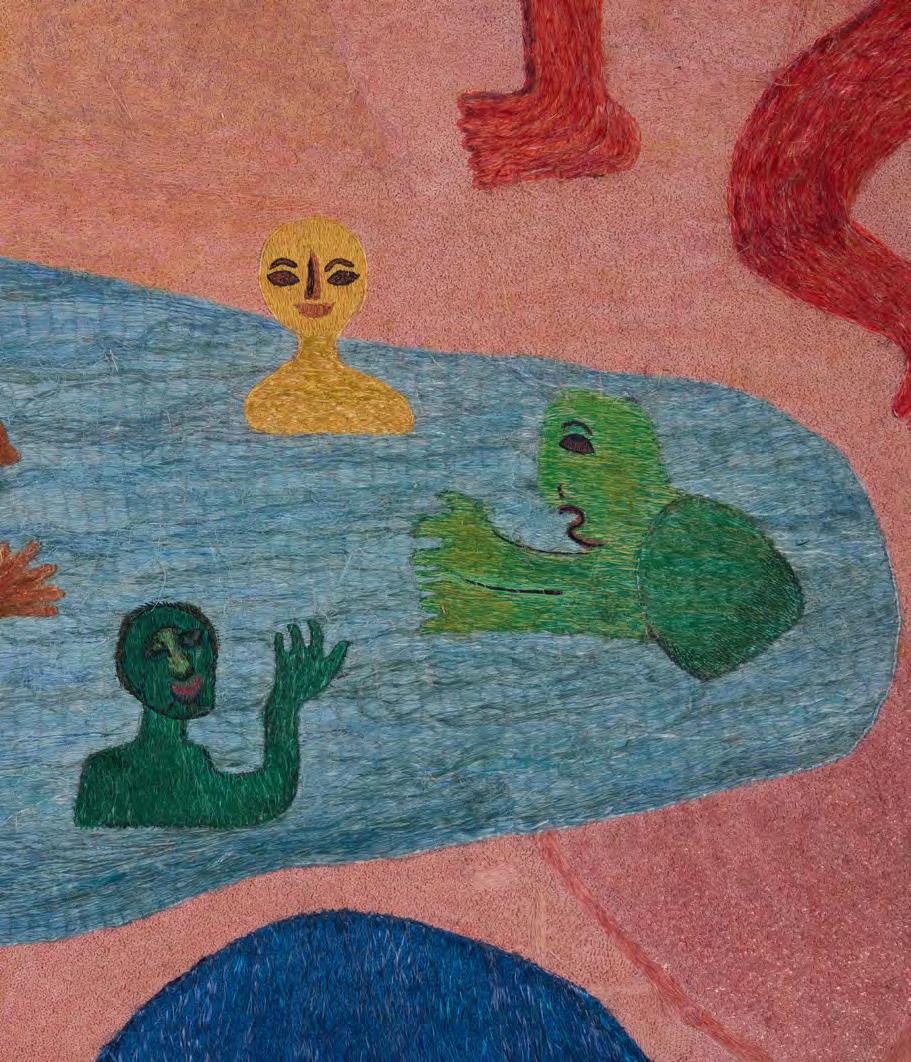
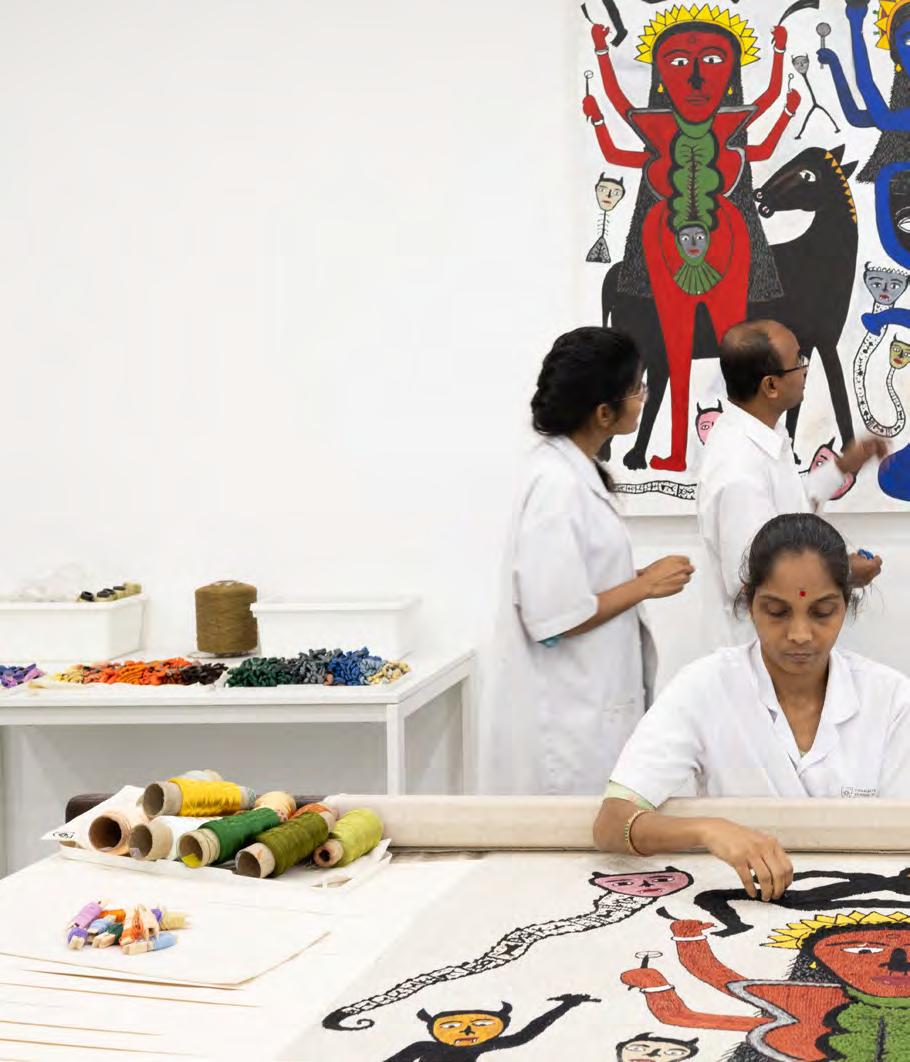
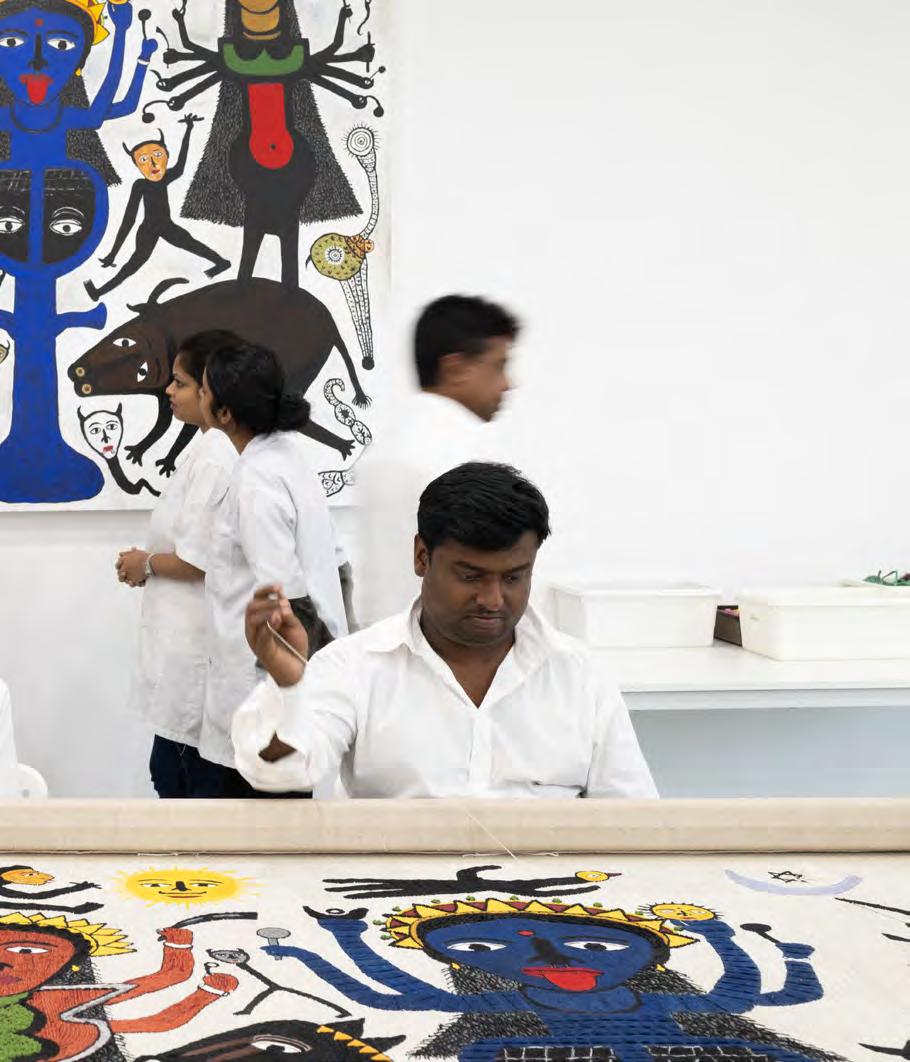
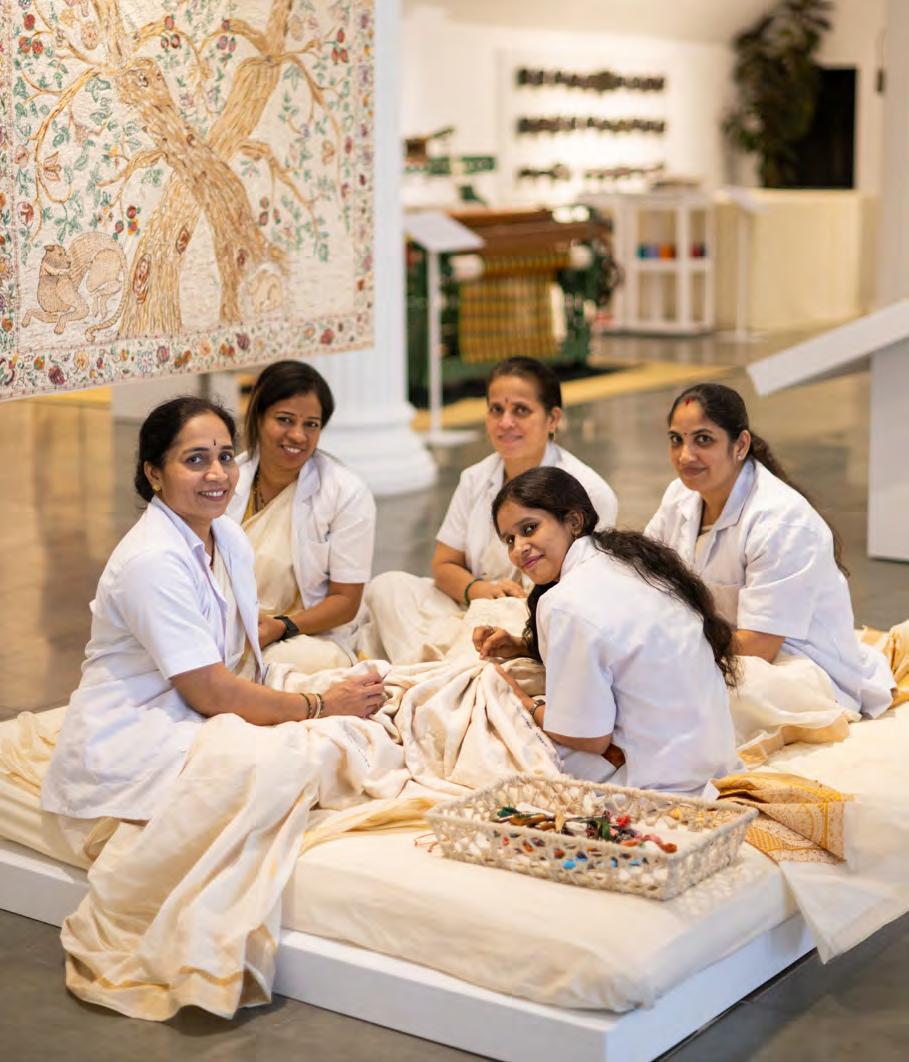
initiatives aim to counter the marginalization often faced by craft communities in the modern economy.
Between Tradition and Transformation
India’s craft traditions rely on the expertise of makers, practitioners, educators, and innovators who sustain and adapt these practices, integrating ancestral knowledge with contemporary insights. In an era characterized by rapid change, preserving these crafts not only maintains cultural narratives but also offers an alternative to homogenized production systems.
Acknowledging the imperative need to sustain and nurture the artisanal community, the Chanakya School of Craft was established in 2016 as a non-profit institution dedicated to craft, culture, and the creation of new autonomy for women. This pioneering school offers a comprehensive curriculum that encompasses both traditional techniques and contemporary design principles, so that students are well-equipped to navigate and contribute to the evolving landscape of art and fashion. This perspective has led to numerous artistic endeavours that blur the boundaries between these disciplines, resulting in works that are both inventive and deeply rooted in tradition.
Functioning as the philanthropic arm of Chanakya International, the Foundation amplifies its mission through its educational endeavour — the Chanakya School of Craft — positioning itself at the front line of a transformative engagement with embroidery and other artisanal traditions. Central to its philosophy is a profound re-evaluation of the conventional hierarchies that have historically delineated the roles of artist and artisan. By fostering a renewed discourse, it challenges these long-standing distinctions, recognizing embroidery not merely as a decorative technique but as a medium of conceptual and material innovation.
A distinctive feature of the school is its emphasis on empowering women from underserved communities. In an industry where female artisans have long been underrepresented and, as a result, undervalued, the Chanakya School of Craft offers a vital space for women to develop specialized skills, gain financial autonomy, and assert their creative voices. This empowerment is not confined to the individual; it reverberates through entire communities, strengthening social structures and contributing to a larger, evolving dialogue on gender equity within the arts. The school’s mission is encapsulated in its commitment to preserving global master crafts and hand embroidery, investing in their reinvention and innovation, and creating a more inclusive future that consciously preserves communities, craft, and the environment. This perspective has led to numerous artistic endeavours that blur the boundaries between these disciplines, resulting in works that are both inventive and deeply rooted in tradition.
The collaborative efforts between the Chanakya School of Craft and renowned artists have resulted in projects that have received global acclaim. One such collaboration is with artist Judy Chicago, commissioned by Maria Grazia Chiuri, for the Dior Spring / Summer 2020 haute couture collection. The installation titled The Female Divine comprised 22 monumental appliqué, handmade brocade, and velvet banners, each with a query that related to the
